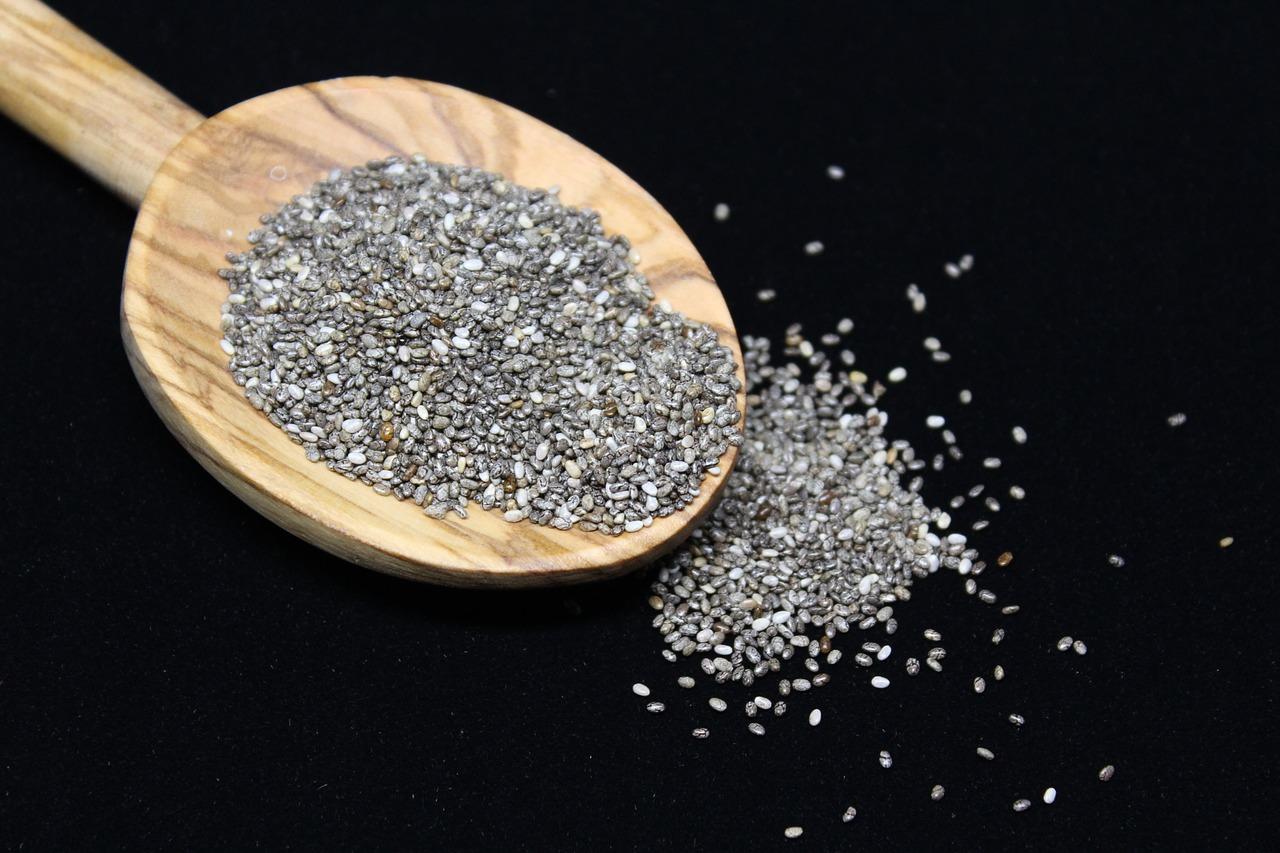Assessing the effects of plant seed extracts on Caco2 cell cultures

Interest in highly nutritious plant seeds is increasing as we are becoming more aware of the need to eat a balanced and varied diet.
We already consume a wide variety of seeds in our food but some of these have been called “superfoods”, including flax, quinoa and chia. This is based on their desirable lipid contents (omega 3 vs omega 6 amounts and ratios), protein profiles because they contain all the essential amino acids or superior dietary fibre content. But how many of these properties have been thoroughly tested and verified, for example using bioavailability assays, and what effects do the seeds have on cells that are exposed to them? Does this vary according to whether the seeds are whole or ground (as we would eat them)?
We would like to use a cell culture model to test the bioavailability of compounds from a range of seeds, including those which have “ideal” omega fatty acid profiles. We would also like to initiate an analysis of the changes occurring in cells which have been exposed to these seed extracts; we can measure cell proliferation and apoptosis using cell growth assays and oxidative stress and inflammatory reactions using appropriate biomarkers.
Techniques/skills learnt:
- Working with human cell cultures
- Bioavailability assays
- Cell proliferation and apoptosis assays
- Oxidative and inflammatory stress assessment
- RNA extraction and transcriptomic analyses
Key References:
Barsby JP, Cowley JM, Leemaqz SY, Grieger JA, McKeating DR, Perkins AV, Bastian SEP, Burton RA, Bianco-Miotto T. Nutritional properties of selected superfood extracts and their potential health benefits. PeerJ. 2021;9:e12525. doi: 10.7717/peerj.12525.
Supervisors
Dr Tina Bianco-Miotto | Dr James Cowley
Research area: Nutrition Science
Recommended honours enrolment: Honours in Food and Nutrition Science
